Chocolate is a beloved treat enjoyed by many, but can it also cause digestive discomfort like constipation?
Constipation, characterized by infrequent or difficult bowel movements, can disrupt daily life and cause discomfort.
Despite its popularity, chocolate has often been associated with digestive issues like constipation. Understanding this connection is crucial for maintaining digestive health and overall well-being.
In this article, you’ll discover the impact of chocolate on digestive health, its link with constipation, and how you manage constipation while enjoying your favorite chocolate.
Understanding constipation
Constipation is a common digestive issue where bowel movements become infrequent or difficult. It often involves passing hard, dry stools.
Causes of constipation can vary, but they often include a low-fiber diet, inadequate fluid intake, and lack of physical activity. Medical conditions like irritable bowel syndrome (IBS) and certain medications can also contribute to constipation.
Common triggers include stress, changes in routine, and ignoring the urge to have a bowel movement. Dietary factors play a crucial role in managing constipation.
Fiber-rich foods like fruits, vegetables, and whole grains help add bulk to stools and promote regular bowel movements. Adequate hydration is essential for softening stools and easing their passage through the intestines.
Regular physical activity also helps stimulate bowel movements and maintain overall digestive health. Understanding these factors can empower individuals to take proactive steps in managing and preventing constipation.
The link between chocolate and constipation
Many people believe that chocolate can cause constipation, but is there scientific evidence to support this claim?
Some believe that the ingredients in chocolate, such as cocoa and caffeine, may contribute to constipation. However, scientific research on this topic is limited and often conflicting.
While cocoa contains compounds that can affect digestion, such as tannins and oxalates, the actual impact on bowel movements varies among individuals.
Factors influencing the potential for chocolate to cause constipation include the type and amount of chocolate consumed, as well as individual differences in digestive health.
Dark chocolate, for example, contains higher levels of cocoa than milk chocolate and may have different effects on digestion.
Additionally, chocolate consumption is often accompanied by other dietary and lifestyle factors that can influence digestive health.
For example, consuming chocolate as part of a high-fiber diet with plenty of fluids and physical activity may have different outcomes compared to consuming it alongside a low-fiber, high-fat diet with minimal hydration and exercise.
While some individuals may experience digestive discomfort or constipation after consuming chocolate, there is no conclusive evidence to suggest that eating chocolate can directly cause constipation.
It is essential to consider individual differences, overall dietary patterns, and lifestyle habits when evaluating the potential impact of chocolate on digestive health.
Impact of chocolate on digestive health
Chocolate is a beloved treat enjoyed by many, but how does it affect the digestive system?
One key component of chocolate is cocoa, which contains compounds like flavonoids and antioxidants. These compounds may have various effects on the digestive system, including promoting blood flow and reducing inflammation.
Caffeine, another component found in chocolate, can stimulate the nervous system and increase alertness. In some individuals, caffeine may also have a laxative effect, speeding up bowel movements.
Studies have explored the effects of chocolate consumption on bowel movements, but results have been mixed.
Some research suggests that consuming cocoa or dark chocolate may benefit digestive health by promoting regular bowel movements and reducing constipation.
However, other studies have found no significant association between chocolate consumption and bowel habits.
Individual differences in tolerance to chocolate and its components may also play a role in how it affects digestive health. Some people may experience digestive discomfort or diarrhea after consuming chocolate, while others may not notice any effects.
Chocolate contains compounds that may have both positive and negative effects on digestive health, however, more research is needed to fully understand its impact.
Moderation and mindfulness of individual tolerance levels are key when enjoying chocolate as part of a balanced diet.
Other foods that can cause constipation
While chocolate is often associated with constipation, several other foods can also contribute to this digestive issue. Here are some common culprits and how they may affect bowel movements:
Dairy products

Milk, cheese, and yogurt can be constipating for some individuals, especially those who are lactose intolerant. Dairy products may cause constipation due to their high fat content and the presence of lactose, which can be difficult for some people to digest.
Processed foods

Processed foods, including fast food, frozen meals, and packaged snacks, are often low in fiber and high in unhealthy fats and sugars. These factors can slow down digestion and contribute to constipation.
Red meat
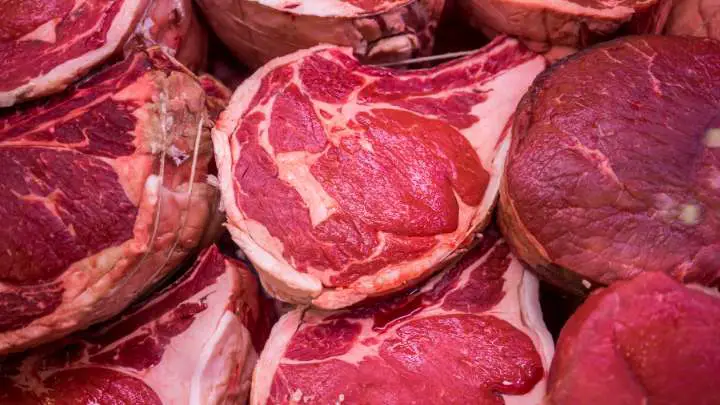
Red meat, such as beef and pork, tends to be high in fat and low in fiber. Consuming large amounts of red meat can lead to constipation, as it takes longer to digest and may result in hard stools.
Fried foods

Fried foods, like french fries, fried chicken, and potato chips, are high in unhealthy fats and low in fiber. They can slow down digestion and increase the risk of constipation.
Refined grains
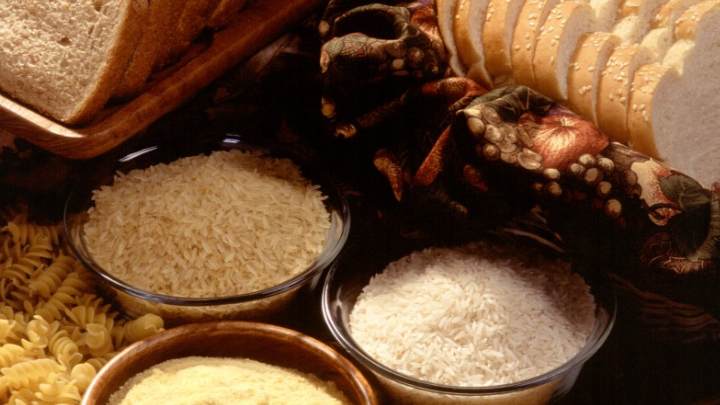
Refined grains, such as white bread, white rice, and pasta made from refined flour, are stripped of their fiber content during processing. As a result, they can cause constipation when consumed in large amounts.
Bananas
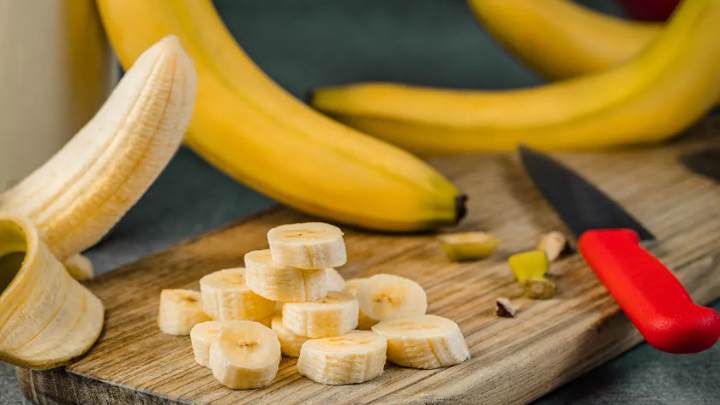
While bananas are a nutritious fruit, they can be constipating for some people, especially when consumed in excess. Bananas contain pectin, a type of soluble fiber that can slow down digestion and lead to constipation if consumed in large quantities.
It is important to be mindful of your diet and how certain foods may affect your digestive health. Incorporating plenty of fiber-rich foods, like fruits, vegetables, and whole grains, can help prevent constipation and promote regular bowel movements.
Practical tips for managing constipation while enjoying chocolate
Enjoying chocolate doesn’t have to mean sacrificing digestive comfort. Here are some practical tips for managing constipation while indulging in your favorite treat:
Pair chocolate with fiber-rich foods
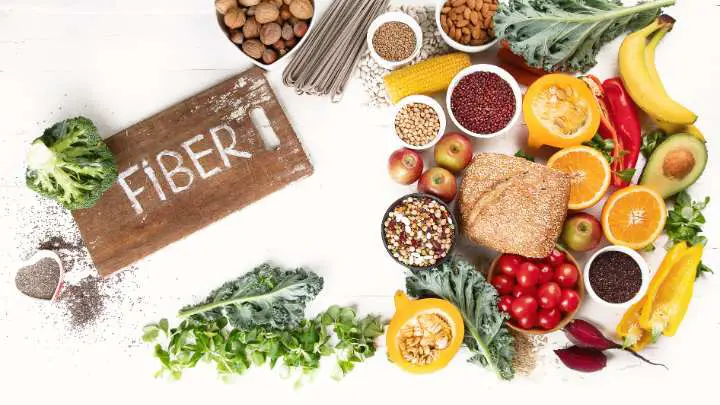
Incorporate chocolate into meals or snacks that are high in fiber. Pairing chocolate with fruits like berries, apples, or pears adds extra fiber to your diet, which helps promote regular bowel movements.
Choose dark chocolate
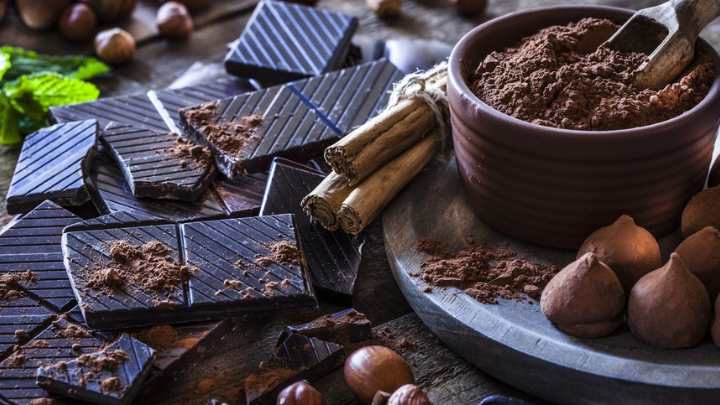
Opt for dark chocolate with a higher cocoa content, as it contains more antioxidants and less sugar than milk chocolate. Dark chocolate also tends to have a higher fiber content, which can support digestive health.
Stay hydrated

Drink plenty of water throughout the day to help soften stools and prevent constipation. Hydration is essential for maintaining regular bowel movements, especially when consuming foods like chocolate that may have a dehydrating effect.
Incorporate healthy fats

Include sources of healthy fats, such as nuts, seeds, and avocados, in your diet alongside chocolate. Healthy fats help lubricate the digestive system and promote smoother bowel movements.
Practice regular physical activity
Engage in regular exercise to stimulate bowel movements and improve overall digestive health. Activities like walking, jogging, or yoga can help keep things moving smoothly.
Include probiotic-rich foods
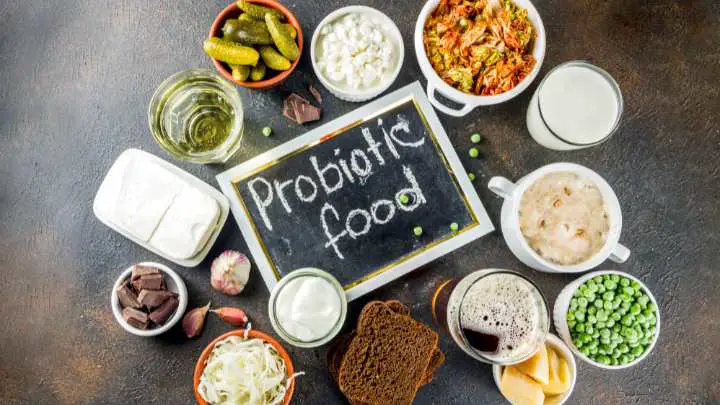
Incorporate foods rich in probiotics, such as yogurt, kefir, and sauerkraut, into your diet alongside chocolate. Probiotics help maintain a healthy balance of gut bacteria, which is essential for proper digestion and regular bowel movements.
Practice mindful eating
Take your time to savor and enjoy your chocolate treat mindfully. Mindful eating encourages awareness of hunger and fullness cues, which can prevent overeating and promote better digestion.
Eating slowly and chewing your food thoroughly can also aid digestion and reduce the risk of constipation.
Listen to your body
Pay attention to your body’s signals and respond accordingly. If you notice that chocolate or certain foods trigger constipation or digestive discomfort, consider limiting your intake or adjusting your diet accordingly.
By incorporating these practical tips into your daily routine, you can enjoy chocolate while maintaining digestive comfort and promoting overall well-being.
Remember to prioritize a balanced diet, hydration, and regular physical activity for optimal digestive health
FAQs
Does dark chocolate cause constipation as milk chocolate?
While both dark and milk chocolate contain cocoa, dark chocolate typically has a higher cocoa content and may have a slightly different effect on digestion.
Some individuals find that dark chocolate, with its higher fiber content, has a less constipating effect compared to milk chocolate.
How much chocolate is too much?
The amount of chocolate that may cause constipation varies from person to person. It’s important to listen to your body and consume chocolate in moderation.
Overindulgence in chocolate, especially alongside a diet lacking in fiber and hydration, may increase the risk of constipation.
Can drinking water help counteract the constipating effects of chocolate?
Yes, staying hydrated is essential for preventing constipation, regardless of chocolate consumption.
Drinking plenty of water helps soften stools and promote regular bowel movements. If you enjoy chocolate, be sure to pair it with adequate hydration for optimal digestive health.
Conclusion
While the relationship between chocolate consumption and constipation may vary among individuals, understanding the factors involved can help make informed dietary choices.
Incorporating chocolate into a balanced diet alongside fiber-rich foods, staying hydrated, and practicing regular physical activity can support digestive health.
Remember to listen to your body’s signals and adjust your chocolate intake accordingly. By following practical tips and maintaining overall healthy habits, you can enjoy chocolate without compromising digestive comfort.
Keep in mind that moderation is key and consult a healthcare professional if you have specific concerns about chocolate consumption and its effects on your digestive system.
Finally, is chocolate good or bad for sore throat? Find out.
Thanks for reading.

